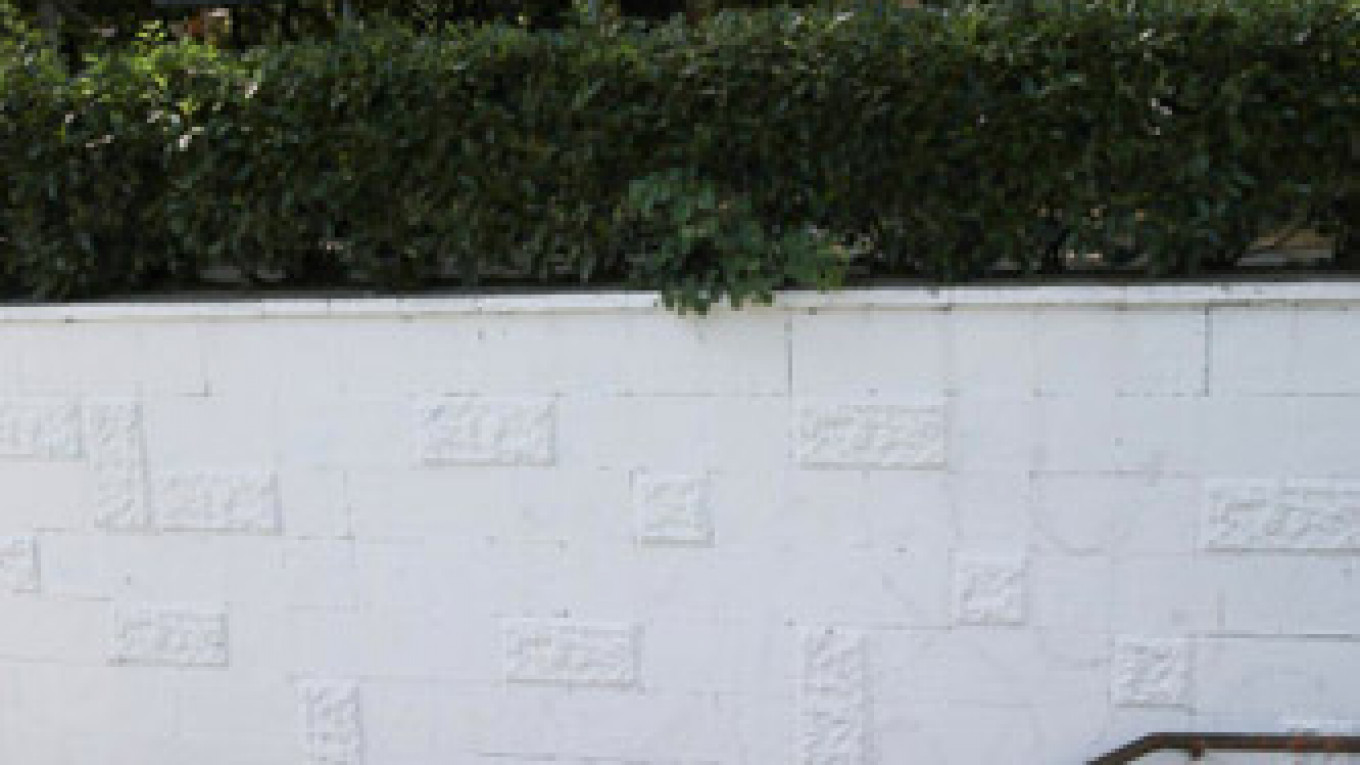What made President Vladimir Putin decide to annex Crimea continues to defy easy analysis. It is still unclear why exactly he chose to take this radical step, particularly when Moscow retained powerful levers of influence for keeping Ukraine weak and disorientated.
Putin himself has offered different explanations for why he felt forced to act. These range from countering the threat posed by Ukraine's new leaders to Russian speakers in Crimea to preventing NATO from taking over Russia's naval base at Sevastopol, and most recently, the novel argument that Crimea has "sacred meaning" for Russians.
It is difficult to fathom why Putin is advancing different rationales for his action beyond the fact that he needs to provide Russian audiences with arguments that carry greater weight in response to the increasing hardships they are facing.
While Putin and his advisers calculated correctly that Russia could easily wrest Crimea from Kiev's control, they appear to have gravely underestimated the consequences. An easy tactical victory has triggered the prospect of long-term confrontation with the West that spells potential strategic disaster.
First, the annexation of Crimea has done incalculable damage to Russia's position in Ukraine. To an unprecedented extent, it has consolidated Ukraine on an anti-Russian basis. Far from dissuading Ukrainians to drop the idea of putting the country on to a European path of development, it has redoubled their efforts.
Second, the Novorossia project, which was aimed at breaking Kiev's grip on the country, failed to take off. It has left Russia with the responsibility of propping up separatist entities in southeast Ukraine that bring no obvious value beyond inflicting economic damage on the rest of Ukraine.
Third, Western countries have so far shown a surprising level of resolve to dissuade Russia from further destabilizing Ukraine. It was difficult to imagine after the annexation of Crimea that European Union countries would find the collective political will to impose meaningful sanctions measures on Russia. These are contributing to serious economic problems, and there is a real danger that a decline in living standards will feed dissatisfaction with Putin's policies.
Fourth, Russia's actions have reactivated NATO's core mission of collective defense. After two largely fruitless decades of trying to develop a security partnership with Moscow, NATO countries are going back to the drawing board to reconfigure their security and defense policies.
Fifth, Russia's assault on Kiev has unnerved other countries on its periphery, notably Kazakhstan, and has highlighted Moscow's unpredictable behavior toward close partners despite treaty-based relations of alliance. This reduced level of trust will compromise Moscow's efforts to develop the Eurasian Union as a platform for promoting Russia's global influence.
Sixth, in an effort to rebalance relations with the West, Russia is deepening its ties with China on terms that appear more advantageous to Beijing than Moscow. Mortgaging Russia's future to its eastern neighbor hardly looks like the action of a country that claims to be challenging the Western-led international system to protect its sovereignty.
The most logical course open to Putin will be to escalate the conflict with the West in the hope of fracturing its newfound resilience before it consolidates further. This escalation could involve testing NATO's cohesion without resorting to military aggression.
Given the narrowing policy options open to Putin in Ukraine, Western countries should steel themselves for the next stage of the crisis. The irreconcilable pressures that Putin faces have created a situation that is beyond his control and is likely to encourage Russia further down the road of confrontation.
John Lough is an associate fellow with the Russia & Eurasia Program at Chatham House.
A Message from The Moscow Times:
Dear readers,
We are facing unprecedented challenges. Russia's Prosecutor General's Office has designated The Moscow Times as an "undesirable" organization, criminalizing our work and putting our staff at risk of prosecution. This follows our earlier unjust labeling as a "foreign agent."
These actions are direct attempts to silence independent journalism in Russia. The authorities claim our work "discredits the decisions of the Russian leadership." We see things differently: we strive to provide accurate, unbiased reporting on Russia.
We, the journalists of The Moscow Times, refuse to be silenced. But to continue our work, we need your help.
Your support, no matter how small, makes a world of difference. If you can, please support us monthly starting from just $2. It's quick to set up, and every contribution makes a significant impact.
By supporting The Moscow Times, you're defending open, independent journalism in the face of repression. Thank you for standing with us.
Remind me later.







